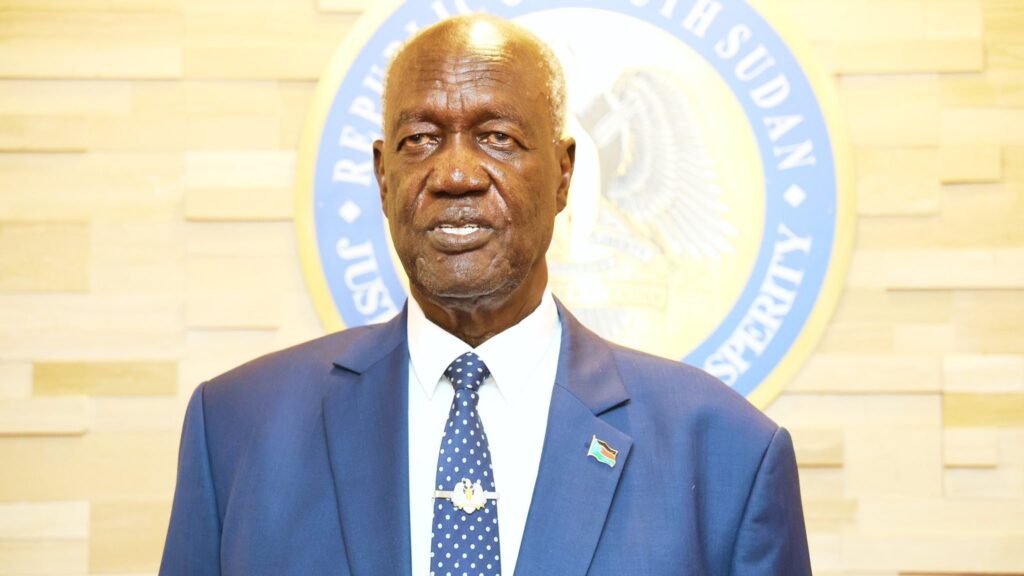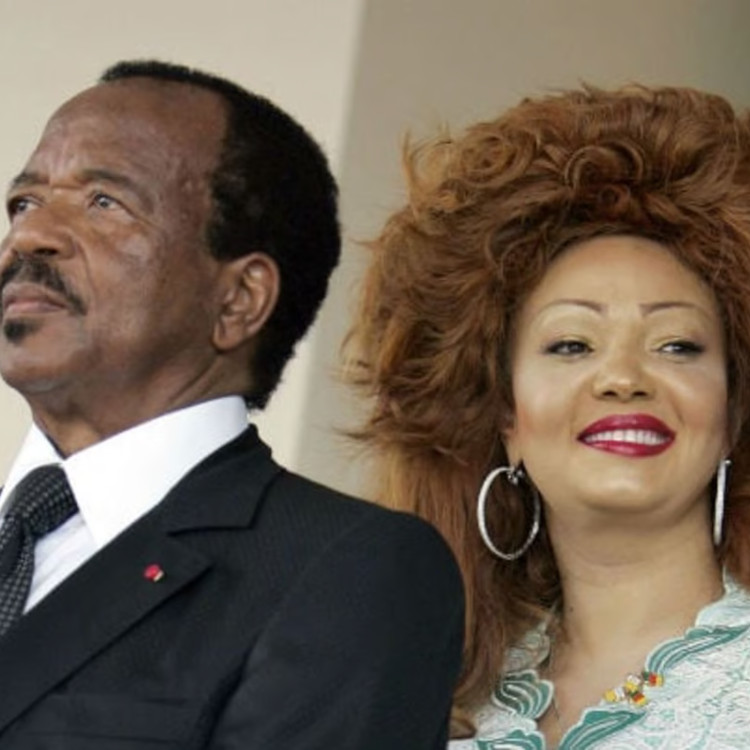
JUBA – Senior Presidential Advisor Kuol Manyang Juuk has cautioned that South Sudan’s pursuit of lasting peace will remain elusive unless efforts are made to improve citizens’ living conditions.
Speaking on Thursday at a symposium on the outcomes of the Fourth Plenary Session of the 20th Central Committee of the Communist Party of China (CPC) and the joint modernization drive between China and South Sudan, Juuk said poverty and economic hardship continue to fuel cycles of conflict across the country.
“Experience has shown that repeated peace talks and reconciliation efforts, while well-intentioned, have not yielded lasting solutions. Without tangible improvements in people’s livelihoods, such dialogues tend to falter,” Juuk remarked.
He noted that the proliferation of small arms, the collapse of peaceful coexistence, and the devastating legacy of war—which claimed more than two million lives—have left deep scars on South Sudanese society.
“Now that we have attained independence, we must confront the challenge of internal conflict. What is often described as tribal conflict is, in fact, a manifestation of poverty—a struggle over scarce resources,” he said.
Juuk, who is known for controversial stance against the government he is part of, emphasized that achieving sustainable peace requires tackling poverty at its roots.
“To truly resolve these conflicts, we must address the fundamental issue of poverty. This demands comprehensive and radical solutions. Only then can we pave the way for lasting peace,” he added.
The symposium, hosted at the Chinese Embassy in Juba, explored lessons from China’s modernization model and opportunities for deeper cooperation between the two countries.
Chinese Ambassador Ma Qiang described the forum as “highly relevant and significant” to South Sudan’s development aspirations.
“China will broaden the space for two-way investment cooperation and create a transparent, stable, and predictable institutional environment,” Ma said.
He added that Beijing is keen to expand collaboration in green development, digital transformation, and industrial growth, noting that China aims to balance major infrastructure projects with smaller livelihood initiatives.
“We will advance both major landmark projects and small, impactful livelihood programmes in a coordinated manner, deepening practical cooperation in trade, investment, and people-to-people exchanges,” Ma stated.












